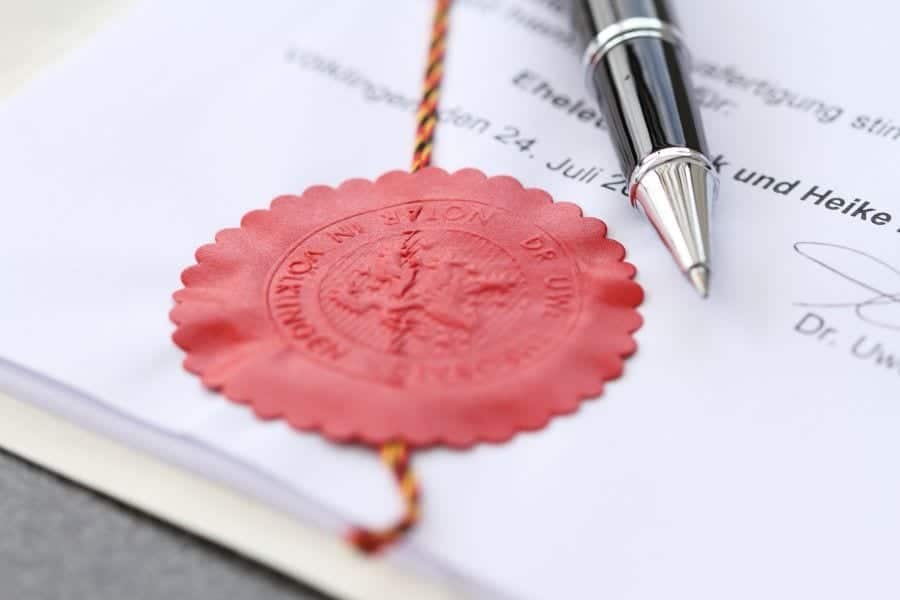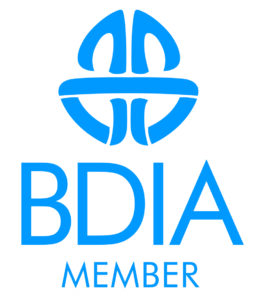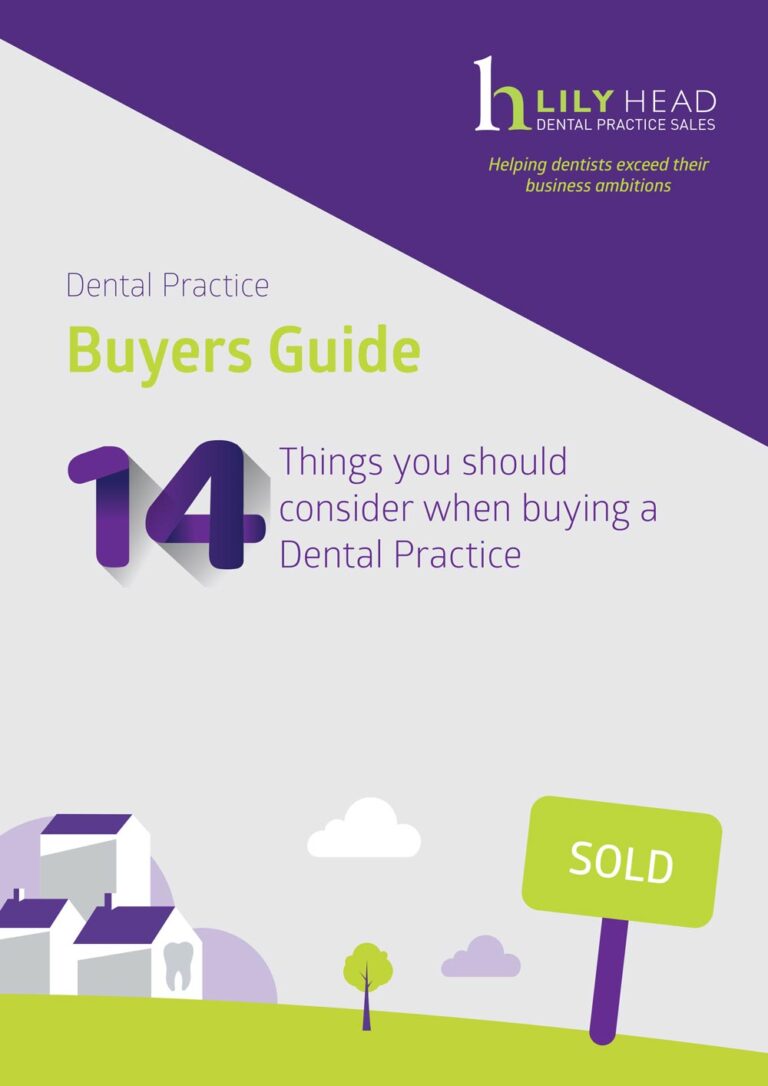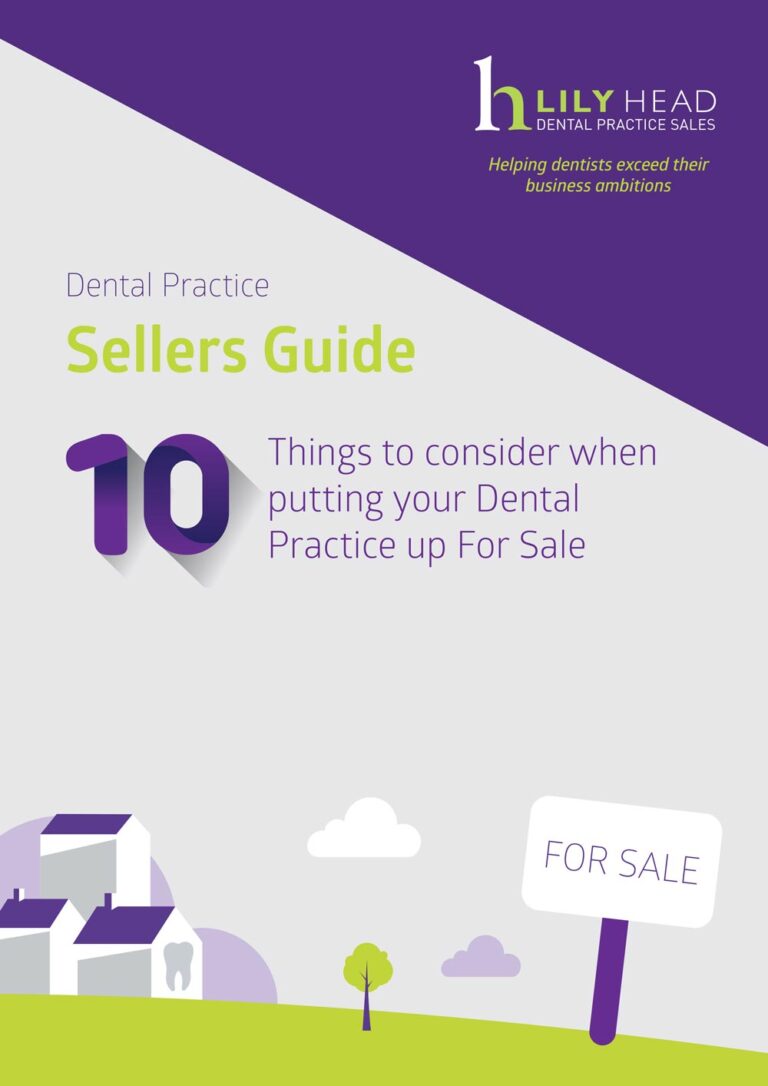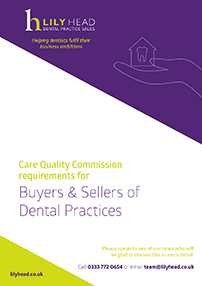The Benefits of Working with a Specialist Dental Solicitor
Dentistry is a strictly regulated industry. Dental practices need to ensure they, and their staff, comply with the requirements of the Care Quality Commission (“the CQC”), the General Dental Council (“the GDC”), along with a number of regulations and acts of legislation. A contractor holding a contract to provide NHS dental services will also be bound by the terms of this contract, and will need to ensure those terms are not breached.
Many of the challenges that arise during the purchase or sale of a dental practice are exclusively found in this type of transaction and failure to appreciate them can delay or even derail a transaction, resulting in wasted time and money.
Buying or selling a General Dental Services Contract (“GDS Contract”)
A large proportion of the goodwill of an NHS or mixed practice (i.e. one that carries out NHS and private work) will be constituted of the value of the NHS contract. It is not possible to sell or buy a GDS Contract. The National Health Service (General Dental Services Contracts) Regulations 2005 (“the Regulations”) state that a GDS contract must however contain a clause that permits the transfer of the GDS contract between partners within a partnership, or from an individual to a partnership or vice versa. GDS contracts are therefore not sold, but transferred via this “Partnership Route”.
A “Buyer” and “Seller” will enter into a partnership together, holding the GDS Contract together. The Seller will then retire from the partnership, leaving the Buyer with the contract as an individual. Registration with the CQC, must mirror the ownership of the GDS contract. This means the CQC registration must also be varied from a sole provider to a partnership registration and then back to a sole provider registration.
Failure to appreciate this mechanism can result in a transaction being carried out past the point of completion without the effective transfer of the NHS contract.
Buying or selling a Personal Dental Services Agreement (“PDS Agreement”)
Unlike GDS Contracts, PDS Agreements are granted for a fixed term. On their expiry, it is common for NHS England to look to renegotiate the contractual terms prior to renewing the agreement. Furthermore, consent is required from NHS England prior to a PDS Agreement being transferred between parties. As a result of EU procurement laws, NHS England often refuses to provide this consent, unless the PDS Agreement is put out to public tender first. There are multiple ways of circumnavigating these issues. For example, contract holders may choose to incorporate their PDS Agreement so it is held by a limited company, though this in itself can be a challenging process.
Purchasing a PDS Agreement is clearly a difficult process fraught with pitfalls. An experienced dental solicitor will be able to guide you through the purchase or sale process, identifying issues to you and dealing with them to ensure a transaction occurs smoothly.
CQC Compliance
A dental practice must be registered with the CQC. It is an offence to provide regulated services (which include dental services) without CQC registration. When looking to purchase a practice, it is essential to ensure that the target practice is registered with, and meets all the criteria set out by, the CQC. Purchasing a non-compliant practice can result in excessive costs and time being wasted to address issues post completion. A specialist dental solicitor can identity and flag any potential issues as part of the due diligence process. Furthermore, if a buyer acquires a non-compliant practice, they can be held accountable for these shortcomings post completion, if an inspection was to be carried out. If a practice holds an NHS contract, this can be terminated on the basis of serious CQC non-compliance.
Contract Value
The value of the NHS contract (“Contract Value”), will be determined by the number and value of its contracted UDAs (or UOAs). It is essential the NHS contract and all variations to it are checked as part of the due diligence stage to ensure that the price apportioned to the NHS goodwill accurately reflects the Contract Value. UDA performance should be consistent and on target.
When a contractor consistently fails to meet their UDA targets, there is a risk that the number of contracted target UDAs could be reduced, thus resulting in a reduction of the Contact Value. This may mean a buyer could pay for a NHS contract that greatly diminishes in value within a few months. In situations where there is a risk the Contract Value may be reduced in the future, it would be wise to retain some of the purchase price until a later date. The retained funds are released to the seller when it can be shown the Contract Value is intact. Otherwise, the funds can be fully or partially returned by the buyer, depending on the situation.
A specialist dental solicitor will understand how UDA’s are calculated, performed, and monitored. They will be able to identify under performance and advise you on how to address it prior to completion, and account for it within the sale contract, whether you are buying or selling a practice.
Please Contact Us if you would like to review our recommended list of #dental solicitors.
